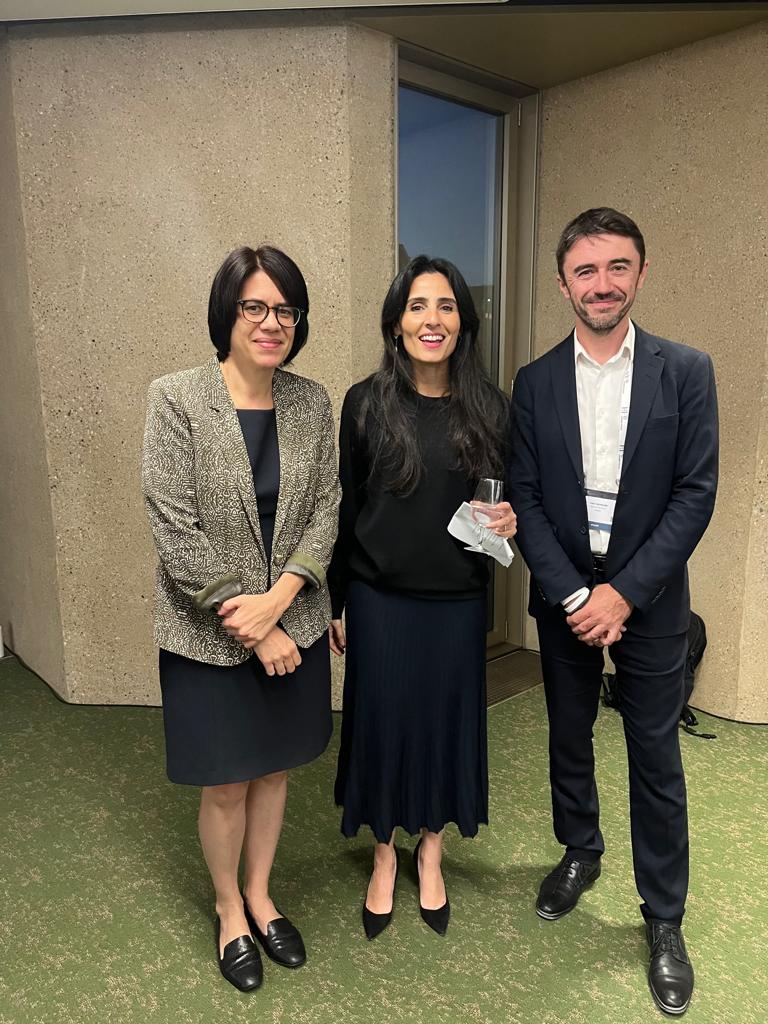At the International Union for Conservation of Nature (IUCN) Leaders’ Forum in Geneva, I had the opportunity to take part in a crucial event that highlighted the unique contribution of cities to the realisation of the Kunming-Montreal Global Biodiversity Framework (GBF). The event brought together experts, decision-makers and opinion leaders to discuss how cities can play a central role in the fight against climate change and biodiversity loss.
Cities: Key Actors for Biodiversity
During a round table discussion that I had the honour of moderating, we explored various approaches to helping cities step up their commitment to biodiversity. Discussions focused on how to implement integrated solutions that simultaneously address the challenges of climate change and biodiversity loss. These solutions include concrete actions and action plans tailored to urban contexts.
As dynamic centres of population and economic activity, cities are particularly well placed to lead conservation initiatives that can have a significant impact on a global scale. Their ability to innovate and adapt nature-friendly urban development strategies makes them key players in achieving the objectives of the GBF.
A New Nature-based Urban Development Programme
At this round table, we presented a new nature-based urban development programme designed to increase funding for biodiversity-friendly urban projects. This programme aims to support cities in their efforts to achieve the ambitions defined by the GBF, by focusing on investments that promote nature and strengthen urban resilience.
One of the key aspects of this programme is to strengthen links between the portfolios of development banks and the private sector to support nature-friendly investments. By facilitating cooperation between these players, we hope to mobilise significant financial resources that will enable cities to implement ambitious and sustainable projects.
Finance and Cooperation: The Pillars of Sustainable Urban Development
This Leaders’ Forum highlighted the crucial importance of finance and cooperation between the public and private sectors in achieving conservation and sustainable development objectives. Cities cannot meet these challenges alone; they need the support of financial institutions and the private sector to make large-scale investments that respect and protect biodiversity.
In conclusion, the event highlighted the central role that cities play in the fight against biodiversity loss and climate change. Through initiatives such as the nature-based urban development programme, and through close collaboration between the various stakeholders, we can move towards a future where cities become examples of sustainability and ecological resilience.

Comments are closed